"When They Aren't Writing Novels": A Love Letter to Taiwanese Literature
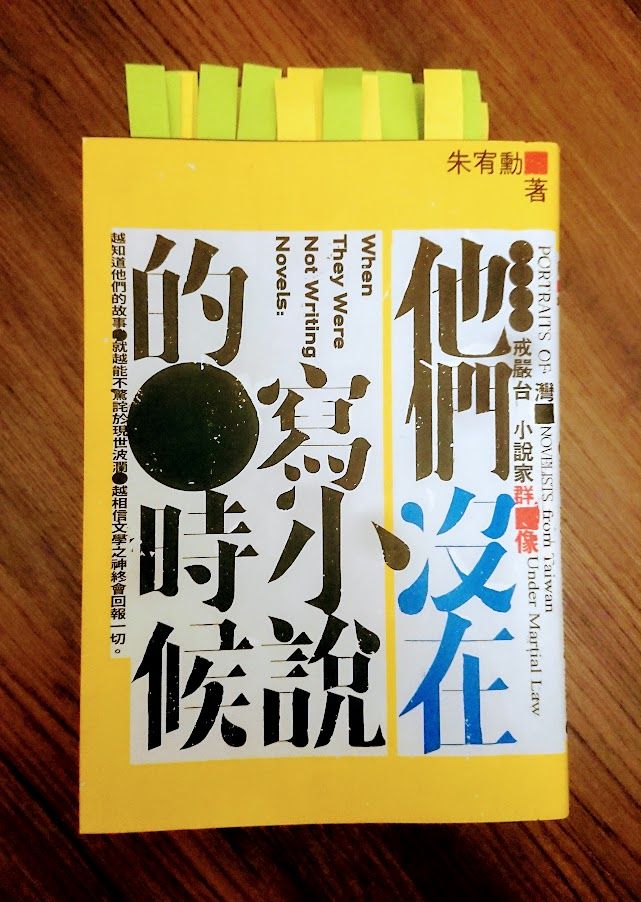
If I ask you who are the novelists in Taiwan, how many can you name? This "When They Were Not Writing Novels" focuses on the martial law era and talks about these Taiwanese writers you may have heard of but are not familiar with.
The author Zhu Youxun talked about nine novelists in the book. It's interesting that he doesn't delve into their work, but instead takes the reader to see what they're doing when they're not writing fiction. Recently, even Yu Han recommended this book in Eslite's "What to Read Today" program.
https://www.youtube.com/watch?v=YlAvzQBF91o
To be honest, I am very unfamiliar with Taiwanese literature. People such as Ye Shitao, Zhong Lihe, and Chen Yingzhen are only familiar with their life and works. So I really enjoyed reading this book. It's really interesting to see how they find their way to literature in that age of white terror.
The following briefly talks about some of my reflections.
【Literature without politics】
Although it has long been known that literature cannot and does not need to be divorced from politics. But when I read this book, I still feel deeply that its entanglement with politics is so deep.
For example, in the chronology of Ye Shitao's personal cultivation in 1975, we can see that he wrote a strange entry in 1951: "Resigned from the teaching position of Yongfu Elementary School due to some incident. He did not stay out of the house, and he studied and studied by himself for three years." After comparing the martial law documents, I found that the so-called self-cultivation was actually imprisoned by the white terror.
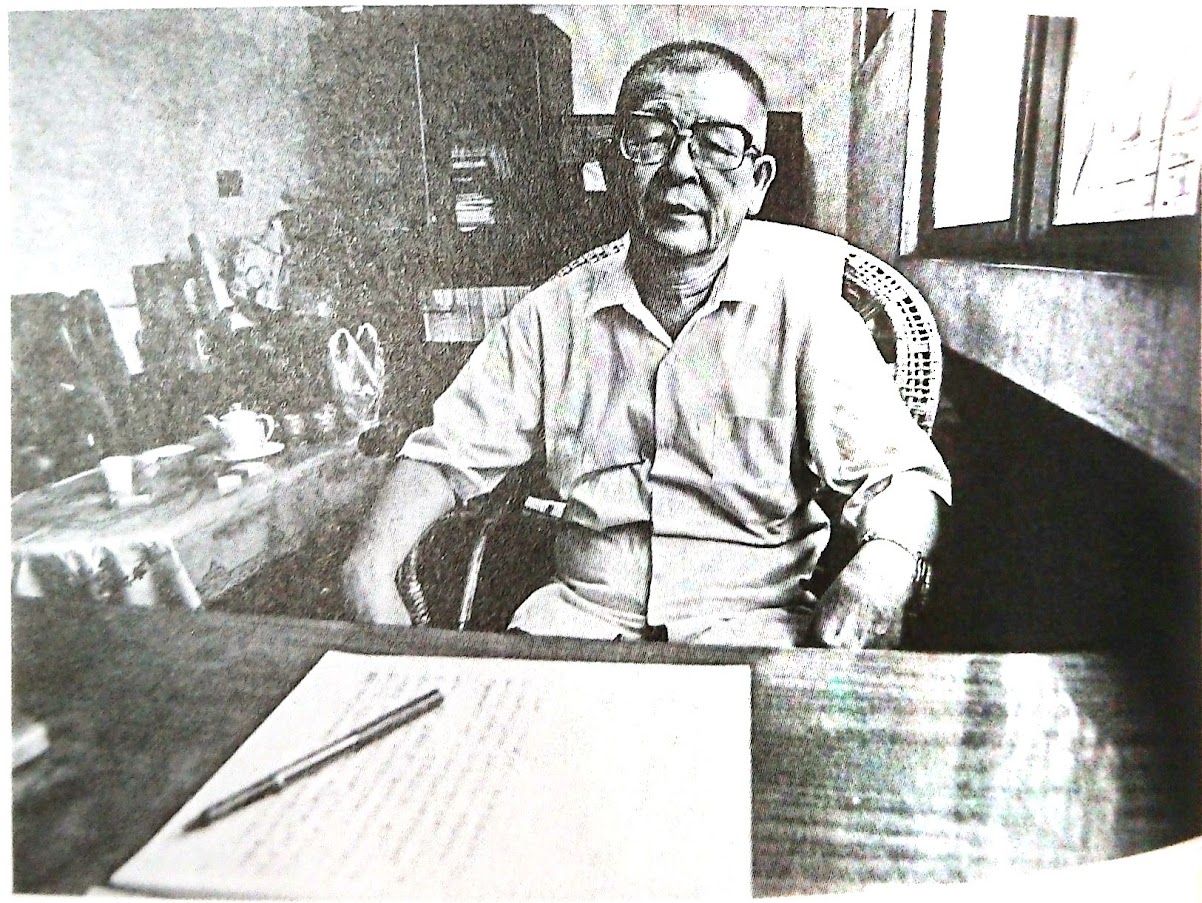
Politics has another potentially deadly effect on writers: language switching. After the Nationalist government came to power, writers who originally used Japanese as their "mother tongue" became a group of people who were aphasia due to the language policy ban, and were forced to learn to write in Chinese, which is like a "foreign language". Compared with writers from other provinces, who have abundant resources, organizations and national Olympic aid, local writers can be said to be inherently deficient and unbalanced, resulting in the submission of manuscripts everywhere.
In addition to the provincial complex, the confrontational structure of communist capital also has a lot to do with literature. In the book, the romantic love story between Nie Hualing and her husband Angel is fascinating. What led to this marriage was a reception held by the "US Information Service" because of Angel's visit to Taiwan. Angel, who fell in love at first sight, invited Nie Hualing to the "Writer's Workshop" at the University of Iowa, and finally successfully composed a love song.
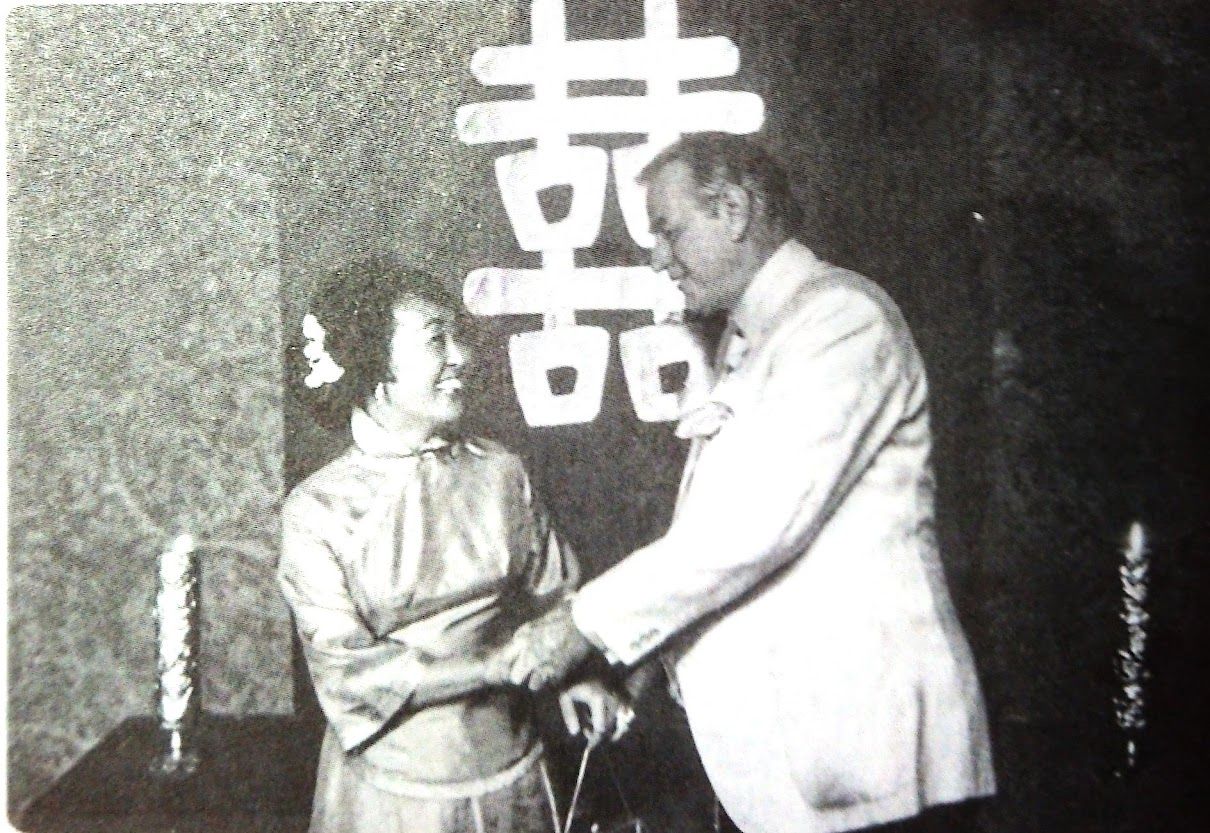
But behind this beautiful encounter is not so simple. The US Information Office, which holds the reception, is not only a reception office, but also a channel for Taiwanese literary youth to acquire foreign books and understand European and American thoughts. It is in this way that the United States cultivates its cultural influence and counters the Soviet left-wing literary propaganda.
So this coincidence is actually a product of the Cold War structure. The original purpose of the reception was to let Ingres go to Eurasian countries to recruit suitable candidates to Iowa. The Rockefeller Foundation, which financed this activity, was actually a peripheral organization of the CIA. As the book says:
The love at first sight story is true, but so is the Cold War structure involved.
[Each mountain climbing to literature]
What moved me very much in this book is that these writers still try to find the possibility of Taiwanese literature in various ways under the oppressive environment.
Like Zhong Zhaozheng's line is to pull everyone together to work together, a concept of gang fights. In 1957, he took pains to collect a "List of Writers from the Province" and invited everyone to form a literary group to exchange and compare each other's works.
Later, he used his influence as the editor of "Taiwan Literature and Art" to draw many writers. In the age of martial law, he carried political pressure on his shoulders, and even said such touching words to Shi Mingzheng , "If you dare to write, I will be grateful."
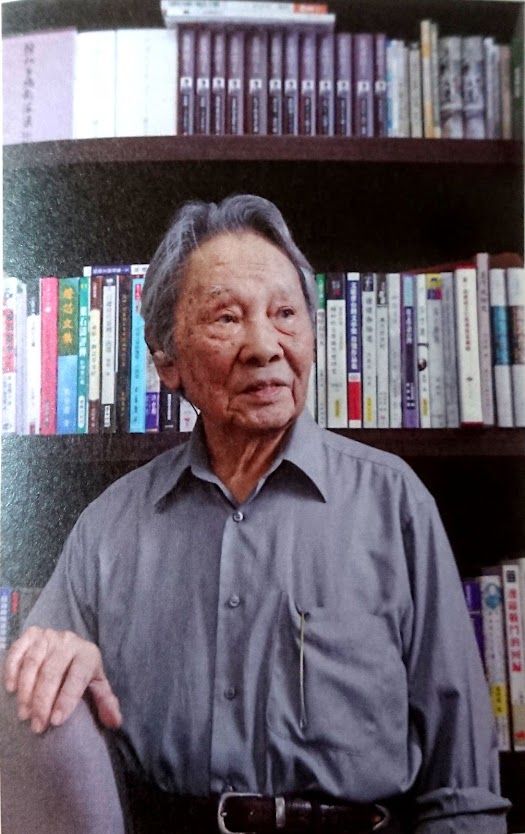
As mentioned above, Ye Shitao, who had been imprisoned for self-study, made up for the deficiencies of local literature in another way: writing literary reviews . Writers find Zhong Zhaozheng when they need space to publish, and when the work is published, Ye Shitao's comments play the role of explaining the work to readers and stimulating the writer to improve.
With their efforts, the buds of local literature gradually grew out.
In addition, I find it very interesting to mention Lin Haiyin in the book. She chose to elevate the quality of Taiwanese literature in another way: reconciliation .
She has a high status in the literary world and is respected as "Mr. Lin". She used her position as the editor-in-chief of the supplement of the "United Daily News" to change the line of "anti-Communist literature" at that time, so that there is room for real literature to develop. The author describes Lin Haiyin as "the balance beam of the literary world". Under her leadership, the forces of the province, men and women, realistic and modern, official and private, avant-garde and conservative can be roughly balanced, and each has its own benefits.
This passage in the book fully reflects such a powerful "reconciliation" force:
Probably only in the fields related to Lin Haiyin, you can see Yu Guangzhong, Peng Ge, Zhong Zhaozheng, Zhong Lihe, Huang Chunmin, Zhu Xining, Xie Bingying, Guo Lianghui... The names of these people are listed together. "Mr. Lin" is probably a rare common denominator among the factions of writers who usually have animosity with each other.
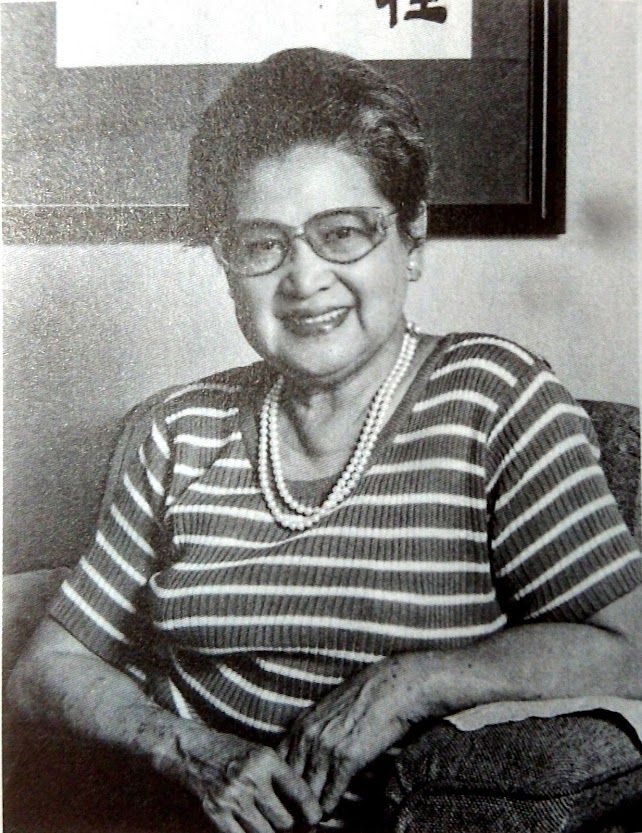
【Those who go left】
Different from the two Zhong Ye who are committed to the local, there are two characters in the book who go in another direction: Zuotong . They are Guo Songfen and Chen Yingzhen.
Looking at it now, it's hard to imagine anyone on the Communist Party's side. But from the perspective of that era, you may be able to understand its rationale a little bit.
Guo Songfen's left turn was when he was studying in Berkeley. He was exposed to leftist thinking in Europe and America, and found that the anti-communist education of the Kuomintang in the past was full of lies. At this time, the "fishing protection campaign" occurred, which became the straw that overwhelmed the camel. In the face of the loss of Diaoyutai's "sovereignty", he put his hope of fighting against the power of the United States and Japan on the CCP and became a unified supporter. After that, it even became a "blacklist" who could not return to Taiwan.
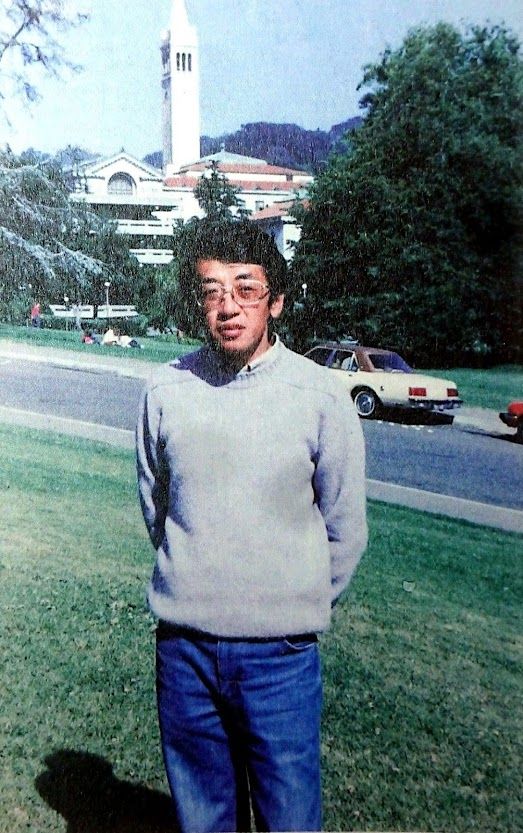
What about Chen Yingzhen? Like many intellectuals at the time, he became associated with the left in the school's underground reading club. He ignited the leftist thought, and gradually drifted away from the Taiwanese literary native school. Even though Zhong Zhaozheng admired his talent very much and hoped to add him to the "Selected Works of Writers from the Province", Chen Yingzhen, who was already left-leaning, naturally refused.
As a result, the two of them, one overseas and one local, both ignited the flame of leftist thought. Of course, the left deviation of these two men was inseparable from their disappointment with the Nationalist government during the martial law era. At that time, China's information was closed, which led to many people's illusions about the CCP. It was also one of the reasons.
It is worth mentioning that Chen Yingzhen's "left" really has deep concern for the bottom. He founded "Human" magazine in 1985, and has the courage to deal with comrade, environmental protection, agricultural and industrial issues that the mainstream media dare not touch. It can be said that he got rid of the conflict between the Kuomintang and the Communist Party and was deeply concerned about the "small" things that happened on the land of Taiwan. Chen Yingzhen was very proud of this.
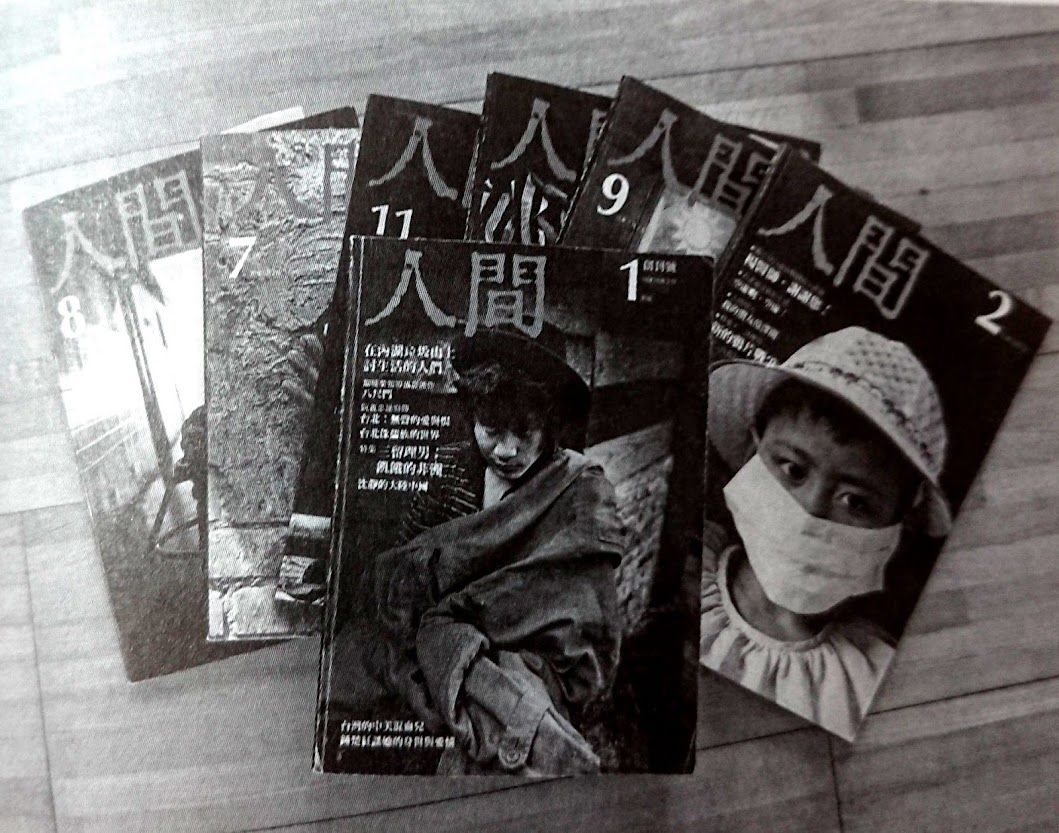
However, Chen Yingzhen went further. In this respect, he is quite different from Guo Songfen.
In 1974, Guo Songfen finally had the opportunity to set foot on the "motherland", but he was disappointed. The post-Cultural Revolution China was very different from the socialism he expected after the high development of capitalism. Having lost the answer, he went back to literature and wrote novels, leaving behind works such as "Moon Seal" and "Running Mother".
Some people's appearances were painted out and hollowed out. Because you were defeated in the struggle, you were defeated... After the whole journey, you will find that the entire continent is impoverished. - Guo Songfen
But Chen Yingzhen went further and further. It is mentioned in the book that he was still flexible at first, and once cooperated with the "Taiwan Youth Independence Alliance". But after he was imprisoned for the " Democratic Taiwan Coalition" case , the leftist stance could no longer be reversed.
After the June 4th incident, although he criticized the CCP's bloody suppression, he also accused the student movement of advocating the introduction of Western capitalism. Since then, he has completely stood by the tank. Not only did he settle in Beijing, he was also awarded the honorary vice-chairman of the Chinese Writers Association and died in the "motherland".
The book spends a lot of time describing Chen Yingzhen. Give me a glimpse into the complexity of the life of this highly controversial "Taiwanese" writer. Even though I couldn't agree with the "road" he took, it still made me understand the reason.
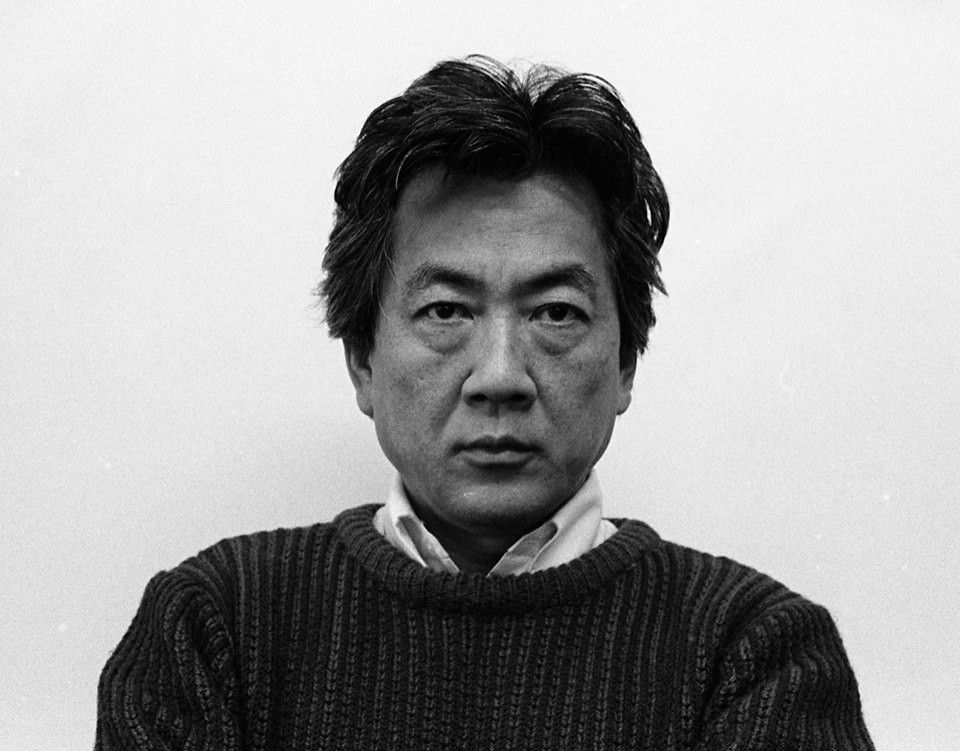
[Postscript: A Love Letter to Literature]
You will know that this book is recommended by hearing MINEBOOK . I thought it would be a hard book, but I was pleasantly surprised after reading it. Although it does carry the weight of the times, it is very easy to read and beautiful.
From the stories of these writers, we can see the development of Taiwan's literary history piece by piece, and understand the struggles and struggles of Zhong Lihe and Ye Shitao. The passages of Guo Songfen and Chen Yingzhen "to the left" make the book more three-dimensional.
What I find interesting is that these writers have contradicted their identification with the unique island of "Taiwan", which is still not outdated until now. Perhaps the pursuit of Taiwan is the inevitable fate of the people of the island country.
This topic, on the surface, is about left and right, about unity and independence, and about national identity. When it comes to the root, it is actually a question that Taiwanese novelists/Taiwanese collectives never stop asking about "Who am I" and "Who am I?" - Yang Cui
Zhu Youxun said that many Taiwanese writers always use foreign works as examples when explaining at the literary camp. There always seems to be a kind of inferiority complex, and I dare not use myself or the works of my predecessors as an example. And what he wants to do is break the cycle.
Writers who are not confident enough, and readers who are not confident enough, can only use other people's literature to prove their love for literature.
I think he did it.
In my opinion, this book was written with a deep love for Taiwanese literature. And this enthusiasm really infected me, and it made me want to explore these works. Such as Zhong Lihe's "Lishan Farm", Chen Yingzhen's "Mountain Road" or Qijisheng's "I Love Black Eyeballs", there are many, many more...
Finally, I would like to conclude with this quote from Yang Cui in the recommendation preface:
The essence of literature has never been to recognize the ancestors and return to the ancestry, to report to the group for warmth, nor to despise the appearance of others and put an end to the sound of strange voices, but to enrich the soul who wants to fly freely.
I hope everyone can freely explore and fly through literature reading!
Articles you may also be interested in:
- "My Youth, In Taiwan": About Identity, Dialogue and Youth
- "My family lives next door to Zhang Rixing": standing side by side is for the sake of double
- "Ghost Place": Where is the ghost? Where is the person's place of return?
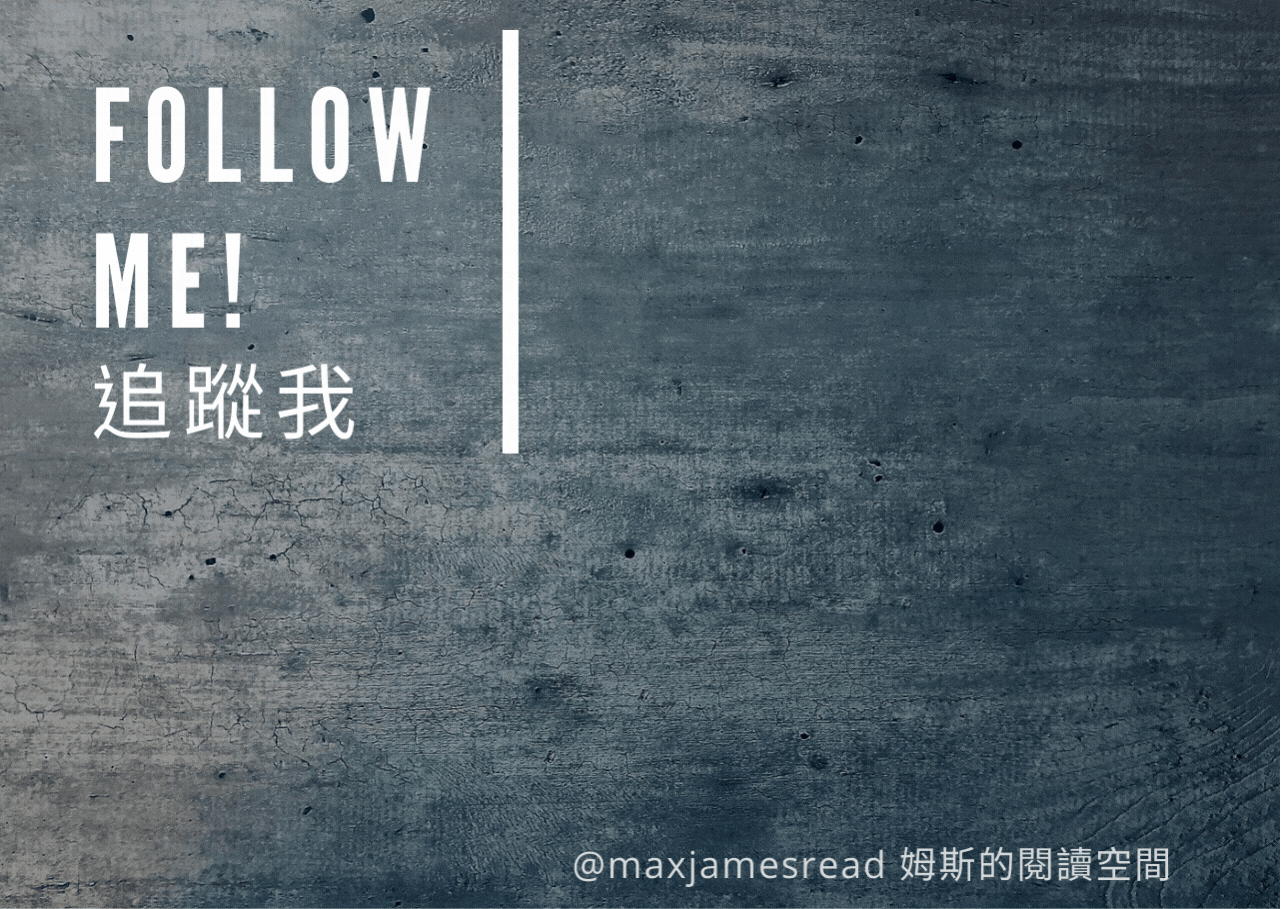
↓↓You are also welcome to follow the Facebook and mourning of "Mrs's Reading Space"↓↓
James' reading space FB
James' reading space IG
Like my work? Don't forget to support and clap, let me know that you are with me on the road of creation. Keep this enthusiasm together!




- Author
- More